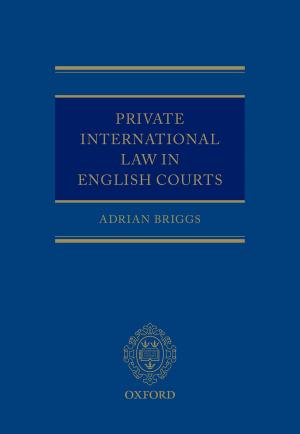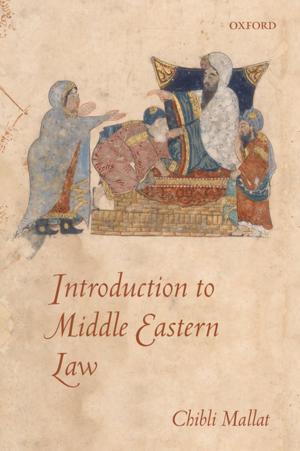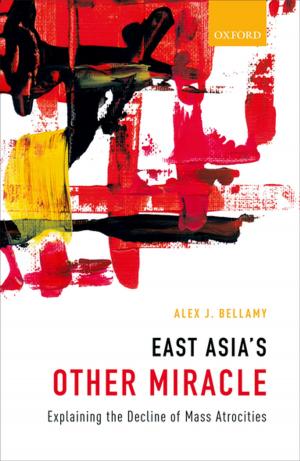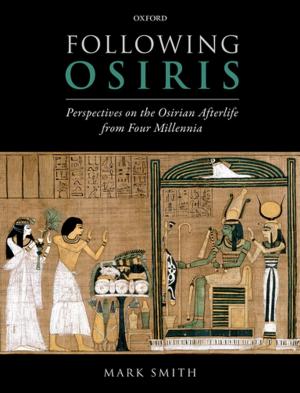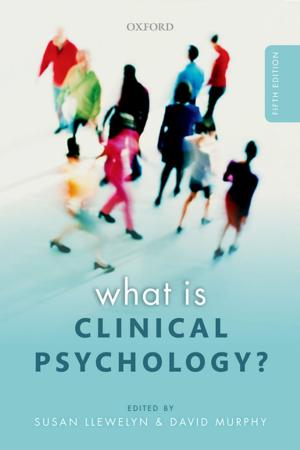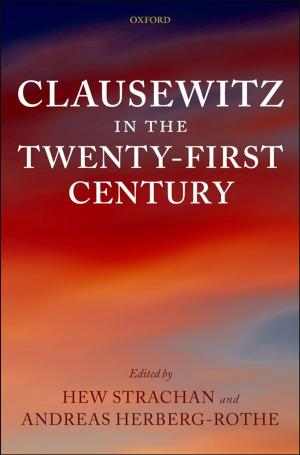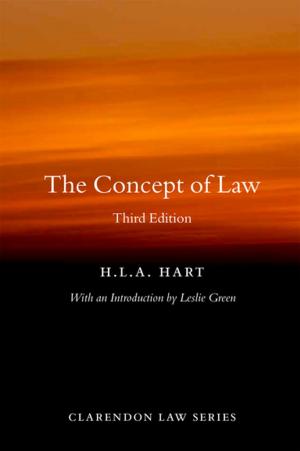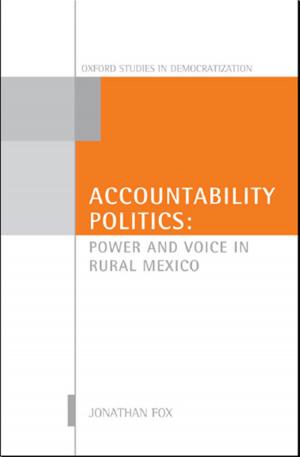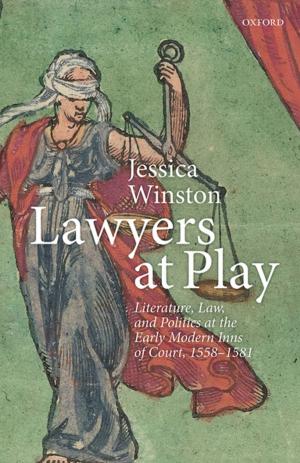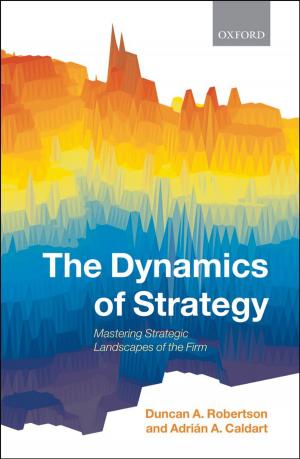Natural Law
A Jewish, Christian, and Islamic Trialogue
Nonfiction, Reference & Language, Law, Religion & Spirituality, Philosophy| Author: | Anver M. Emon, Matthew Levering, David Novak | ISBN: | 9780191016721 |
| Publisher: | OUP Oxford | Publication: | May 15, 2014 |
| Imprint: | OUP Oxford | Language: | English |
| Author: | Anver M. Emon, Matthew Levering, David Novak |
| ISBN: | 9780191016721 |
| Publisher: | OUP Oxford |
| Publication: | May 15, 2014 |
| Imprint: | OUP Oxford |
| Language: | English |
This book is an examination of natural law doctrine, rooted in the classical writings of our respective three traditions: Jewish, Christian, and Islamic. Each of the authors provides an extensive essay reflecting on natural law doctrine in his tradition. Each of the authors also provides a thoughtful response to the essays of the other two authors. Readers will gain a sense for how natural law (or cognate terms) resonated with classical thinkers such as Maimonides, Origen, Augustine, al-Ghazali and numerous others. Readers will also be instructed in how the authors think that these sources can be mined for constructive reflection on natural law today. A key theme in each essay is how the particularity of the respective religious tradition is squared with the evident universality of natural law claims. The authors also explore how natural law doctrine functions in particular traditions for reflection upon the religious other.
This book is an examination of natural law doctrine, rooted in the classical writings of our respective three traditions: Jewish, Christian, and Islamic. Each of the authors provides an extensive essay reflecting on natural law doctrine in his tradition. Each of the authors also provides a thoughtful response to the essays of the other two authors. Readers will gain a sense for how natural law (or cognate terms) resonated with classical thinkers such as Maimonides, Origen, Augustine, al-Ghazali and numerous others. Readers will also be instructed in how the authors think that these sources can be mined for constructive reflection on natural law today. A key theme in each essay is how the particularity of the respective religious tradition is squared with the evident universality of natural law claims. The authors also explore how natural law doctrine functions in particular traditions for reflection upon the religious other.




